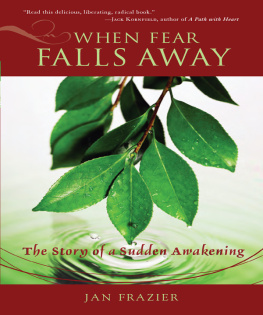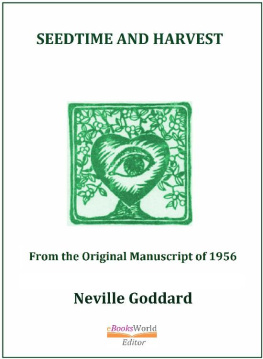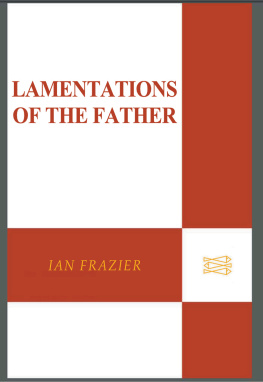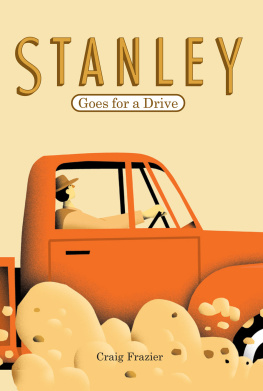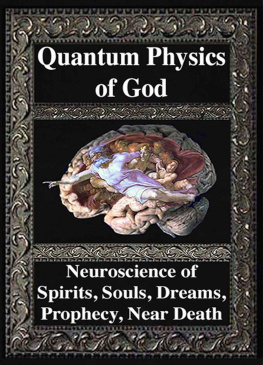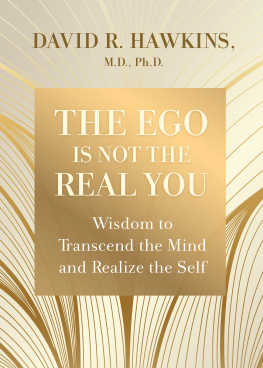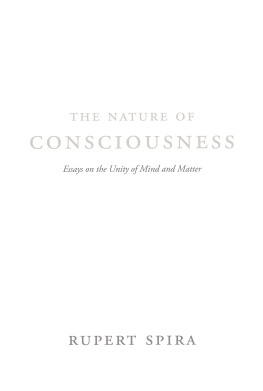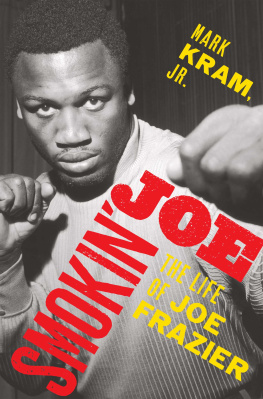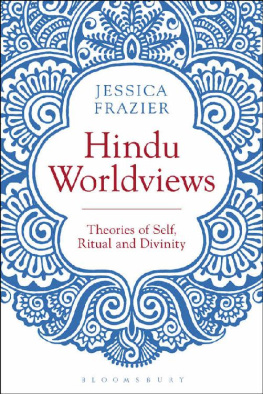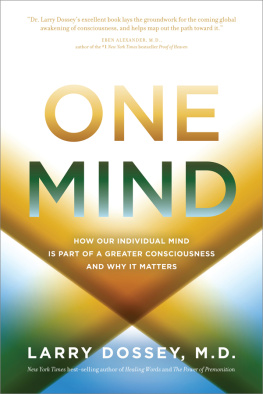that says something is happening there.
Something radical.
The great sweetening is taking over.
Being a Smart Animal
Once upon a time there was a creature endowed with a fine mind, and also with sense receptors that were sweetly attuned to the surrounding world and to its own delightful body. This intelligent and feeling creature could pick up sense impressions and savor them, without seeking to understand or to name or categorize any of what was smelled or heard or seen or touched or tasted. Life was a bounty.
Sometimes the excellent mind would become engaged, processing impressions in a way that was handy. The mind was a curious processor, taking a particular kind of non-physical delight in drawing connections and conclusions. This was one of the pleasures of being a smart animal. The mind would notice similarity between one tall growing thing and another, and pronounce them trees. The sensation in the mouth was pleasing, the tongue and lips and saliva cooperating to produce a new thing, a word. Thus it became possible for one of the creatures to say to another, Tree, in the absence of the growing thing itself, and for the two of them to form in their minds a picture in common. This picture felt almost as real as an actual tree, notwithstanding the absence of the feel under the touching fingers, the distance traveled up with the eyes, the sound of the leaves in the wind, the smell of the fallen leaves decomposing at the feet of the tree.
It came to pass that the name for a thing, which lived only in the mind and the mouth, took on the appearance of reality itself (which continued to be discernible by the senses only). The word good came into being, and also bad, and they too seemed to name something real (even though what they named existed in the mind, not in the world).
Increasingly attuned to the minds version of reality, the intelligent animals created a self , to go with each of their bodies. No one noticed that each evolving self had no independent existence, outside of a mind thinking it into being. No self was discernible by the senses (unless you counted the persons body, which everybody knew was a very minor portion of a self).
This self appeared to need maintenance and protection. It seemed to have a continuity across experiences, which made time seem like a real thing. The past seemed real because of the minds ability to revisit something that had happened, and the future seemed real because of the minds ability to fantasize and to worry about something that had not happened.
More and more, the minds picture of things was mistaken for reality itself. The mind-made self learned to invent problems to fret over, having usually to do with wishing life were other than it was. The self and the problems were so compelling that the intelligent creatures came to live not in the real world but in their heads.
The problems spread over the earth, taking up much more room than the trees and the rocks, the continents, and even the buildings and cars. Then the smart animals, sinking under the weight of their mind-made problems, used those same minds to try to fix the problems.
Alas, they were unable to see the only real problem. Which was this: if the mind has created the problem, it cannot hope to fix it.
Then somebody said Why dont we just stop making the problems? Why dont we stop living in our heads? And so they did, all on a single day. Profoundly relieved, with bounteous energy freed up, they turned their creativity and love to caring for one another and their dear planet. And they all lived peacefully ever after.
The Truest, Realest You
I found a door I hadnt known was there. It was like entering into another dimension, only this wasnt science fiction, or a dream, or delusion. It was just plain true. There had been a door all along, in the room in which life-so-far had taken place, fifty years of it. Suddenly I turned and looked in a direction Id never looked before, and a door Id never seen was slowly opening, waiting for me to step through. I stepped.
It was like that scene in 2001: A Space Odyssey, where the monolith that was buried millennia ago is now, newly uncovered, about to be touched for the first thrilling time by the rays of the sun, which will set in motion something revolutionary. The dramatic opening notes of Also Sprach Zarathustra will play, lest you miss the significance of the moment. The monolith shape is reminiscent of a door, a tall shiny black door, standing free of any walls.
But this this door that opened in my awareness is not science fiction, or a movie. Its a plain-old life, my ordinary human life. Anybodys life. Only stepping into the newfound space causes life-ever-after to have nothing plain-old about it.
The thing is (and I have yet to get over this), what I saw vividly was that the door had been there all along. How could I have missed it? How could we all humankind, that is miss noticing the ever-present door? How is that possible? For years now Ive been scratching my head about this.
We think that our ideas about life, about ourselves, are reality itself. This is the cause of our suffering. Our mental pictures have us so convinced of their objectivity, their legitimacy, that it doesnt occur to us to consider another possibility.
We live all our lives contained in a room of our own making. Reality is what it is: mentally unfiltered life occurring, moment by moment, one day followed by another. We are there for it. But what we live in is our interpretations of things. Our elaborate and pain-inducing stories. Meanwhile, uninterpreted life goes on, at a great distance from our consciousness. Trapped in our minds, we miss life itself the real thing.
When the door is noticed, its an invitation to step outside the mind-made room into actual life: immediate, sensory, unprocessed, unresisted life. What encounters this life is plain consciousness. Not the stories, the beliefs, the history that we bundle together into a self that needs asserting and defending. When consciousness encounters life, all is profoundly well. Maybe even fun. At the very least, peaceful.
Yes, even when life dishes up a big challenge. There is unending peace and well-being. Because there is no resisting, no mental processing.
Its a stunner.
Why dont people see this door? Why didnt I? To step through its opening is to leave behind many cherished things: grudges, wounds, ambitions. Identity. Dignity, self-esteem, familial pride. Anger and hope. Defenses. So many things that we hold to ourselves, like comforting clothing. The irony is terrible, as all of this is what causes us to suffer. To miss the real thing!
Meanwhile, we point to life and declare it the cause of our misery. So why bother noticing the door, when we cant bear to consider the idea that we ourselves (not life) are the makers of our torment? Anyhow, its impossible to imagine that it could be otherwise.
This must be science fiction, you may be thinking that it could truly be otherwise. Thats what I would have thought, had someone proposed such a thing to me. Anyhow, I dont recall really noticing there was a door there. I seem to have fallen through the opening. I looked around and saw the familiar world... only vastly changed. Well, it was the same world, the same life. But I was utterly different inside.
* * * * *
It seems to have to do with perspective. Stumbling through the door separating our usual way from the alternate one is about looking at something youve previously looked through, like a lens. Youre looking from a different place. Things dont look the same from this point of view.



